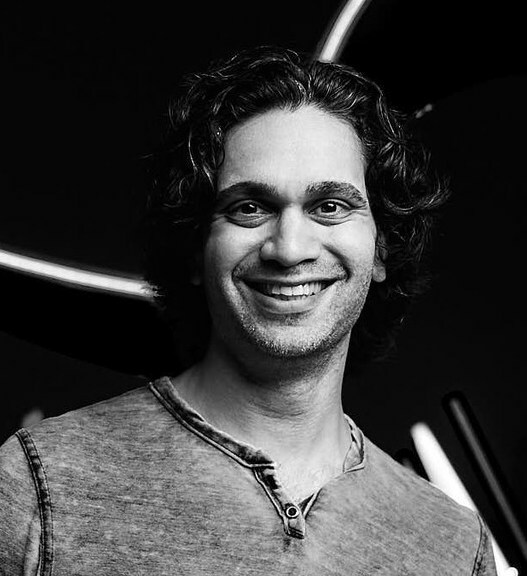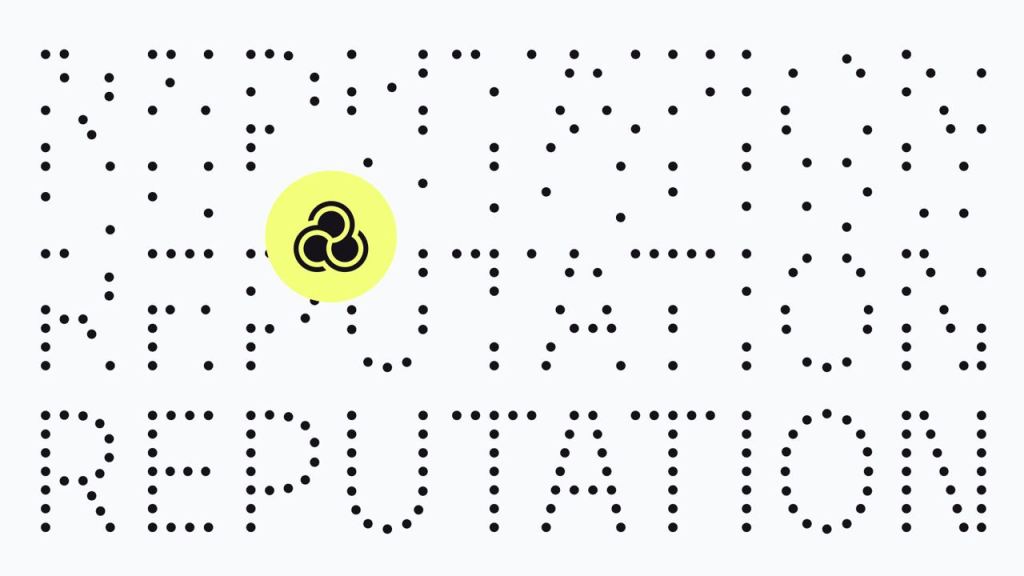
Emerging decentralized social network and X rival Bluesky has just landed a notable former Twitter leader as its new head of Trust and Safety. On Wednesday, the company announced it has appointed Aaron Rodericks, who most recently co-led the Trust and Safety team at Twitter, to this new position.
Though typically leaders below the C-Suite don’t make headlines, Rodericks became known more publicly after becoming the target of a right-wing campaign on X. Influencers noticed an announcement on LinkedIn last year that indicated he was looking to hire more staffers ahead of the coming 2024 elections.
His callout had asked for users who had a “passion for protecting the integrity of elections and civic events,” which caught the attention of right-wing personalities like Chaya Raichik (Libs of TikTok) and former Trump State Department official Mike Benz — the latter who remarked that Rodericks was a former colleague of Yoel Roth and was “somehow” still at X. (Roth, Twitter’s head of Trust and Safety had left the company just two weeks after Elon Musk’s acquisition. Musk initially defended Roth, but after his departure, he attacked the exec on X. Roth then had to flee his home after receiving death threats.)

Last fall, Rodericks lost his job at X when Musk cut half of the election integrity team after promising to expand it, The Information had reported at the time. Musk confirmed the cuts on X with a sneer, saying “Oh you mean the ‘Election Integrity’ Team that was undermining election integrity? Yeah, they’re gone.”
With Rodericks’ hiring, then, Bluesky is sending a signal to its would-be users. It’s an indication that the network will approach trust and safety similarly, if not better, than Twitter once did, before Musk’s takeover.
It’s a timely choice for the young startup given that it has already experienced high-profile fumbles in this area before even opening its doors to the public. The network earlier strained its relationship with Black users after a moderation policy change that followed a death threat against a user had many questioning if the platform was safe for marginalized communities. In another incident, Bluesky came under fire as it allowed usernames with racial slurs to slip past its moderation efforts. Bluesky then haphazardly addressed the problem via personalized apologies in emails to those who reached out, but said nothing publicly.
As Bluesky has now opened to the public, there’s a need for Trust and Safety to be more established on its network, despite its decentralized ethos and roll-your-own moderation. As the operator of what will become the main Bluesky server, even after federation kicks in, Bluesky has a responsibility to meet the moderation needs of its now more than 5 million users. Unlike centralized platforms like Twitter/X and Meta’s Threads, moderation on Bluesky includes several layers. Server operators like the company itself can set rules for their own servers, but these can be complemented by other tools like moderation services and blocklists that are more community-led.
“There is an urgent global need for a social network that can safely and effectively meet the needs of communities and individuals,” said Rodericks, in a statement about his hiring. “People expect social media to provide a healthy level of built-in moderation, with clearly stated rules that are applied consistently. However, we’ve seen that this alone is not enough. Communities also need the ability to self-organize around more opinionated moderation principles and have the tooling to keep these efforts sustainable. I’m excited that Bluesky is taking both of these layers seriously, and I believe that their fresh approach to user choice with stackable moderation is poised to become a key part in guiding and growing healthy online conversations,” he added.
Bluesky says Rodericks will lead the moderation team that provides 24/7 coverage to uphold the Bluesky Community Guidelines and promises reports are reviewed in under 24 hours. Soon, Bluesky will allow users to subscribe to independent moderation services that will be applied on top of the existing moderation service it offers.
Before working at Twitter, where he dealt with issues like hate speech and harassment, Rodericks worked on developing capabilities within the Canadian Federal Government for social data analytics in destabilized states, along with researching extremist activity that helped launch the Global Coalition against Daesh, Bluesky noted.
“I’m deeply invested in how our users can best control their social spaces online,” said Bluesky CEO Jay Graber in a statement. “Aaron’s expertise in trust & safety at global scale brings invaluable experience to our moderation team. His interest in improving the foundation for public conversations will help us design customizable and resilient moderation systems that will let users build vibrant, personalized communities,” she said.
Bluesky is now open for anyone to join


